How Long Does a Home Inspection Take?
A standard home inspection for a residential property usually takes 2 to 3 hours. Smaller homes or condos might take about 90 minutes. Larger, older, or more complex homes can take over 3 hours. But time isn't the only factor — what really matters is what the inspector is looking for and what comes next.
What to Expect During a Home Inspection
Your inspector will do a top-to-bottom visual check of the house. They’ll walk through every accessible area — inside and out — and test major systems and components. Most will take notes, photos, and sometimes videos.
You’re welcome (and encouraged) to attend. This gives you a chance to ask questions and better understand what you're buying.
Key Items Covered in an Inspection
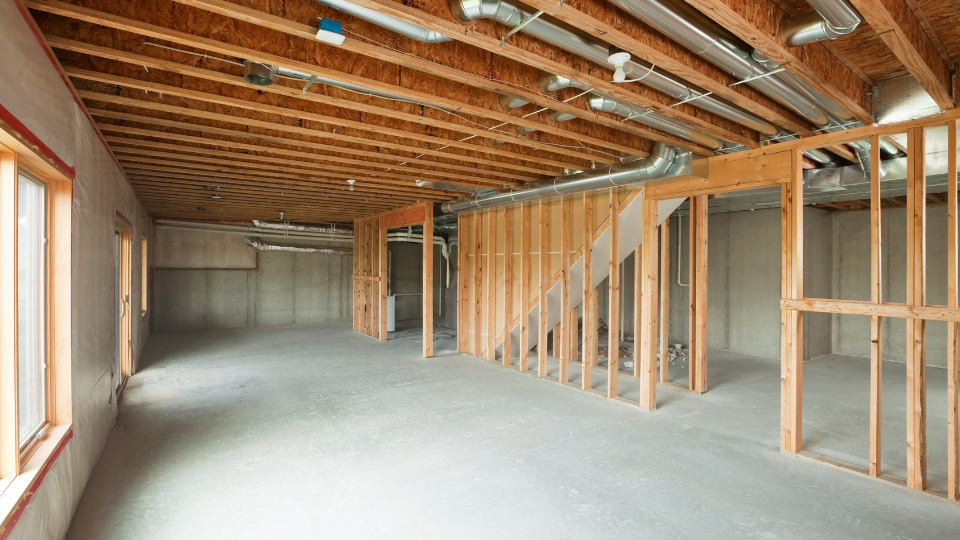
Structural System

Foundation
Basement or crawl space
Load-bearing walls and beams
Visible cracks or settlement issues
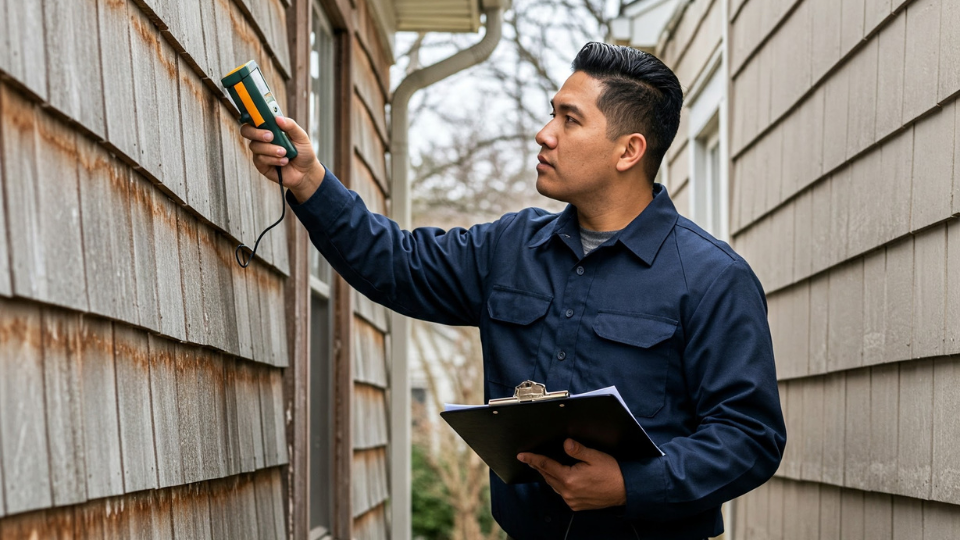
Home Exterior
Siding
Doors and windows
Porch, deck, stairs, and railings
Drainage and grading
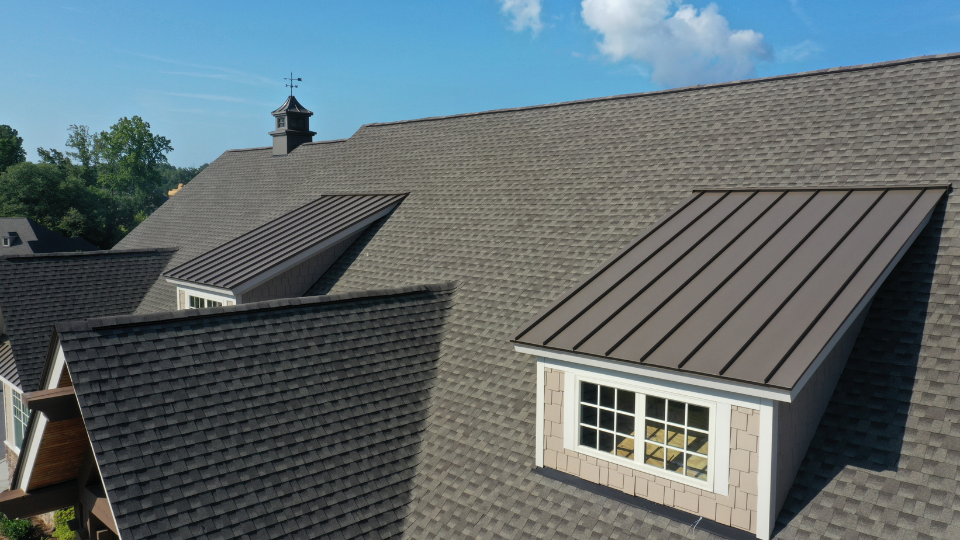
Roof
Shingles or other roof coverings
Flashing and vents
Chimneys
Gutters and downspouts
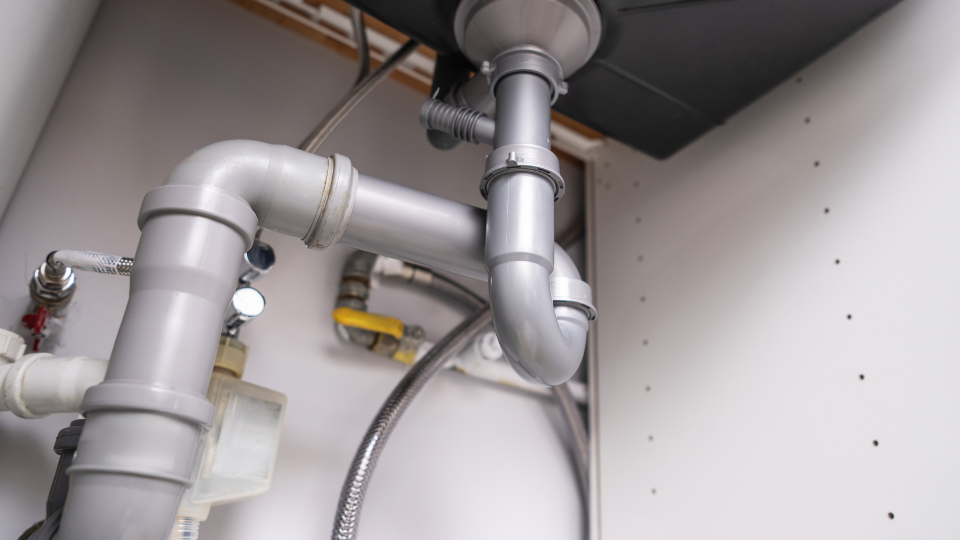
Plumbing
Pipes and fixtures
Water pressure and flow
Water heater
Drainage issues
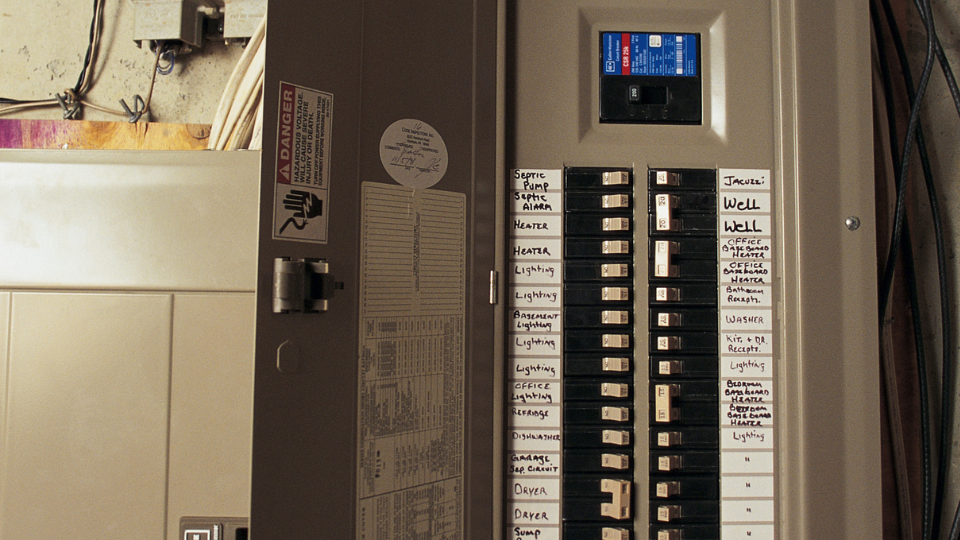
Electrical System
Service panels and breakers
Wiring and outlets
Light fixtures
GFCIs in wet areas
Note: A standard home inspection does not include an ESA-certified (Electrical Safety Authority) inspection. While inspectors will check the visible condition of electrical systems, they are not licensed to perform a full electrical code compliance inspection. If you have concerns about wiring, panels, or electrical safety, it’s recommended to hire a licensed electrician or request an ESA inspection separately.
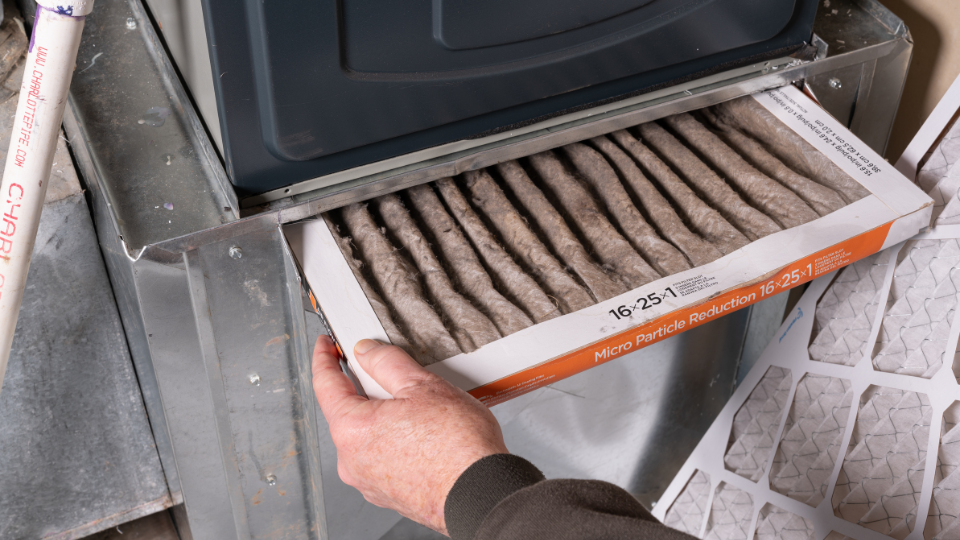
HVAC
Furnace or boiler
Air conditioning unit
Visible ductwork
Thermostats and filters
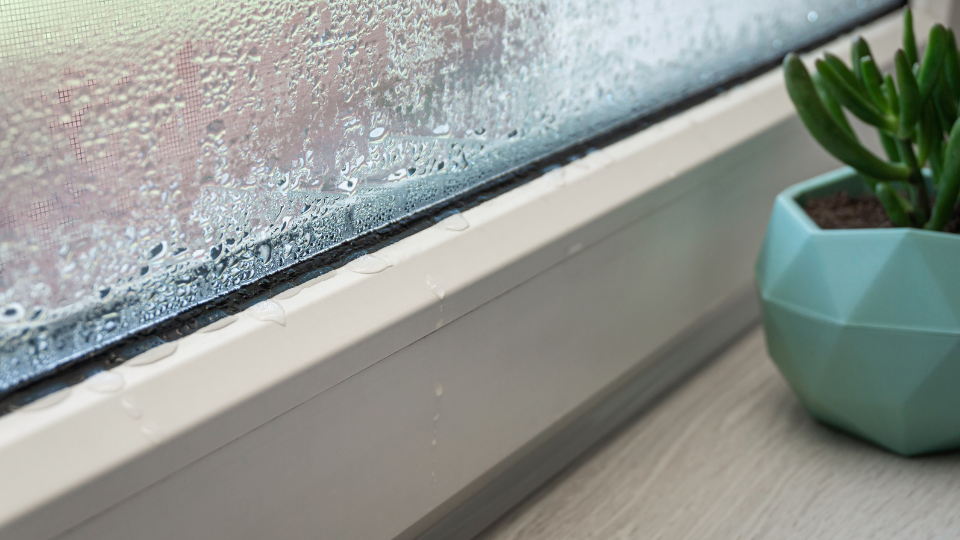
General Interior
Floors and Ceilings
Walls and paint
Stairs and railings
Door and window function
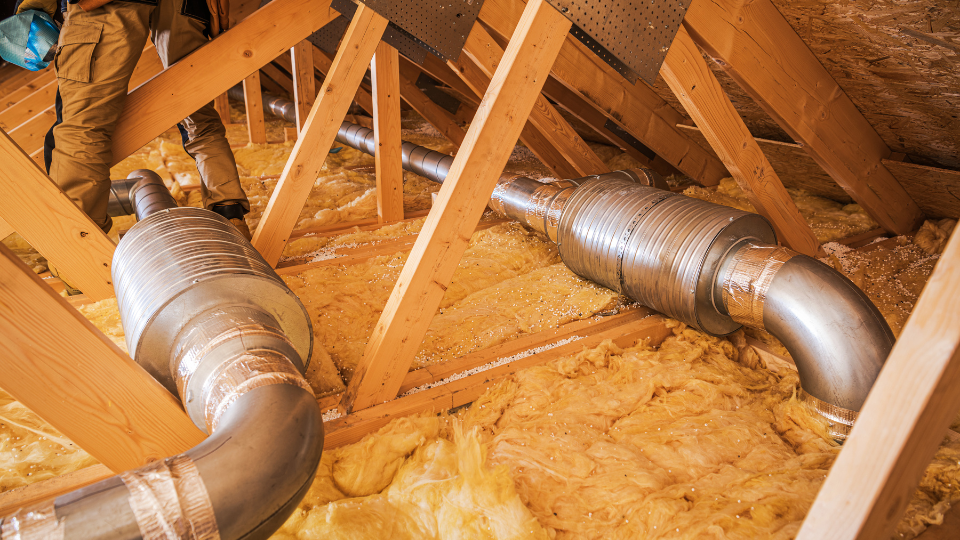
Insulation and Ventilation
Attic insulation levels
Proper airflow
Signs of moisture or mold
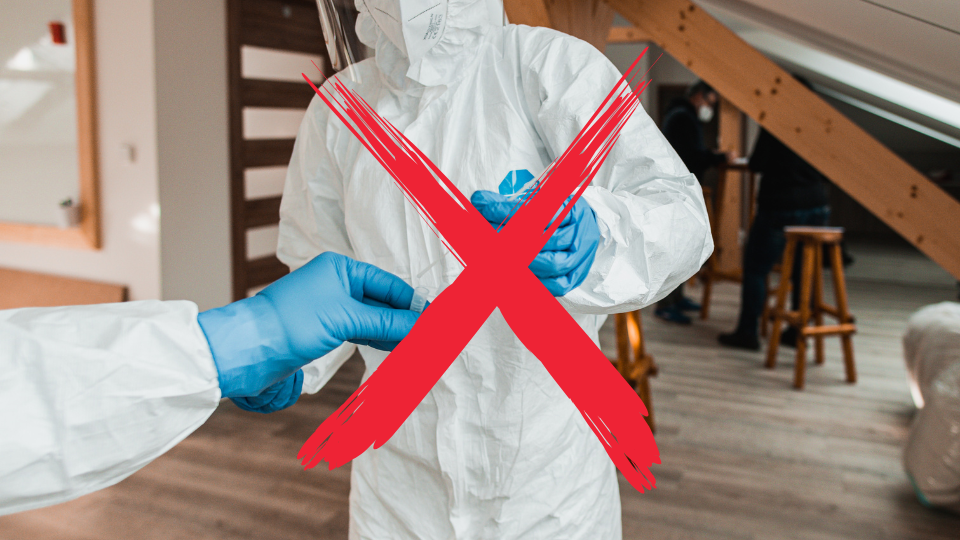
What a Home Inspection Doesn't Cover
Inside walls or behind finishes
Septic systems or wells
Pools, spas, or sprinkler systems (usually extra)
Asbestos, lead paint, mold testing (can be referred out)
Building code compliance or permits
What Optional Inspections Should You Consider?
Depending on the property, you might want to order specialty inspections:
Radon testing
Mold inspection
Pest/termite inspection
Sewer line scan
Septic tank and well testing
Chimney inspection
Pool/spa evaluation
These are usually not included in a basic home inspection and may cost extra.
How Much Does a Home Inspection Cost?
General Range:
Ontario: Typically $450–$650 for standard homes
Price depends on:
Square footage
Age of home
Location (urban or rural)
Extra services (radon, sewer, etc.)
Who Pays for a Home Inspection?
The buyer pays for the home inspection. It's part of your due diligence before closing. In rare cases, sellers may choose to pay for a pre-listing inspection to speed up the sale.
Are Home Inspections Required?
Home inspections aren’t legally required, but skipping one is risky. Most buyers include an inspection as a condition of the offer. If you’re getting a mortgage, your lender might also require one — especially for older properties.
How to Choose a Home Inspector
Look for:
Credentials and certifications (e.g., CAHPI, OAHI in Ontario)
Experience and reviews
Sample reports (clear, detailed, and photo-supported)
Insurance and license (where required)
Ask what’s included, how long it will take, and whether they’ll review the findings with you in person.
For a list of referrals don't hesitate to contact us at [email protected]. We can give your right referral depending on your home.
How to Prepare for a Home Inspection
If You’re the Buyer:
Bring a notebook or questions
Wear comfortable shoes — you might be walking through basements and attics
Don’t be afraid to ask the inspector for clarification
If You’re the Seller:
Unlock all doors, gates, and electrical panels
Clean up areas like the attic, furnace room, and under sinks
Replace burnt-out bulbs
Fix small issues like leaky faucets or loose handrails
What Happens After the Home Inspection?
You’ll receive a report within 24–48 hours. It will include a summary of findings, photos, and recommendations.
Now you decide what to do:
- Ask the Seller to Make Repairs
You can request that certain items be fixed before closing. This works best for health and safety issues or things that violate local code.
- Negotiate a Repair Credit or Price Reduction
Instead of fixing things, the seller might offer money off the purchase price or closing credit.
- Walk Away from the Sale
If the inspection uncovers major issues and you have a condition in place, you can legally back out.
Is the Seller Required to Make Repairs After a Home Inspection?
No. Sellers aren’t required to make repairs unless you negotiated it in the contract. That said, most are willing to negotiate in good faith — especially if there are safety concerns.
Tips for a Successful Home Inspection
Choose a certified, experienced inspector
Be present if possible
Ask questions during the walkthrough
Focus on major issues, not cosmetic flaws
Read the full report — don’t just skim the summary
Home Inspection Red Flags
Foundation cracks
Mold or water damage
Outdated electrical panels
Roof nearing end of life
Major plumbing issues
Pest infestations
These can signal serious problems or future expenses. Not all are deal-breakers, but they may require deeper investigation or budget adjustments.
FAQ
Will a Seller Negotiate After a Home Inspection?
Yes, many do. You can ask for repairs, credits, or a price reduction based on the report findings.
What Fixes Are Mandatory After a Home Inspection?
None, unless required by local law or agreed upon in writing. Lenders might require certain repairs for financing.
How Long After a Home Inspection Does the Buyer Have to Back Out?
It depends on your contract. Most agreements have a set inspection period (often 5–10 days) where you can walk away or renegotiate based on the results.
Want help finding a qualified inspector in your area? Get in touch and we’ll connect you with trusted pros.

